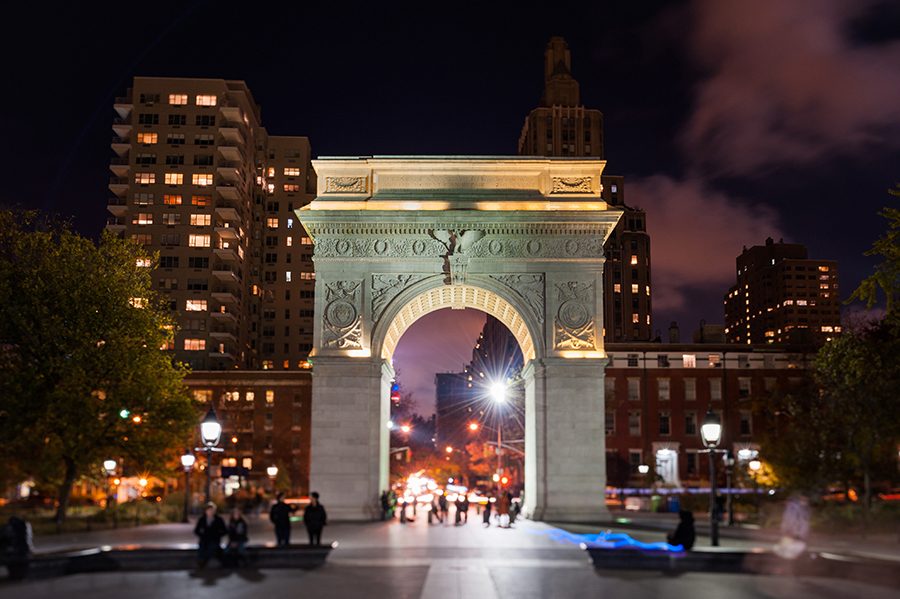Mizzou president resigns but protesters must remain focused
November 9, 2015
News broke Monday that the president of the University of Missouri would resign after months of racial tension that came to a head this past week with a hunger strike and an announcement that UM football players would boycott games until President Tim Wolfe stepped down. While the protests have only made front-page news in the past few days, racial tensions have been mounting for months, characterized by incidents such as a swastika being smeared on a wall with feces and men yelling racial slurs at the president of the students union. While it is encouraging to see a student body holding their administrative officials accountable, it remains to be seen whether Wolfe’s resignation will lead to a reduction in tension on the campus.
The protesters, grouping themselves under the banner of Concerned Student 1950 in reference to the year the first black student entered the university, in many ways echoed the civil rights struggles 60 years prior. Students linked arms, marched and sang protest songs amid a throng of journalists and onlookers. Jonathan Butler, a graduate student, went on a widely publicized hunger strike, saying he would not eat until the university president resigned. Even the football team announced it would refuse to play or hold practice until Wolfe stepped down, a move that even their coached supported. The diverse makeup of the protesters virtually guaranteed the movement’s support, and it is a positive development to see Concerned Student 1950 achieve one of their stated goals.
But now that the president is gone, the question becomes how the university will move forward from here. Concerned Student 1950, which has become a trending hashtag on Twitter, has published a list of demands that includes a 10 percent black faculty and increasing retention rates for minority students. However, nowhere in their manifesto, nor in any of the statements given by protesters, is there a clear way forward. They have achieved one of their goals, but there are still many more to go. The abuse that minority students have sustained is, in fact, a remnant of a larger racist culture, and removing one man is unlikely to dismantle that culture.
A video from the New York Times shows students gathered in a circle singing “We Shall Overcome” after Wolfe’s announcement. The fact that an iconic song from the 1950s civil rights protests is still relevant speaks to the minimal change in climate some students still feel today. It is heartening that student activism is alive and well on college campuses, even if we wish that the question of racial justice had been solved 50 years ago. In celebrating a major victory and promoting their idealism, the protesters must not lose sight of the smaller, specific details that are necessary for fulfilling their vision.
Email the WSN Editorial Board at [email protected].

























































































































































